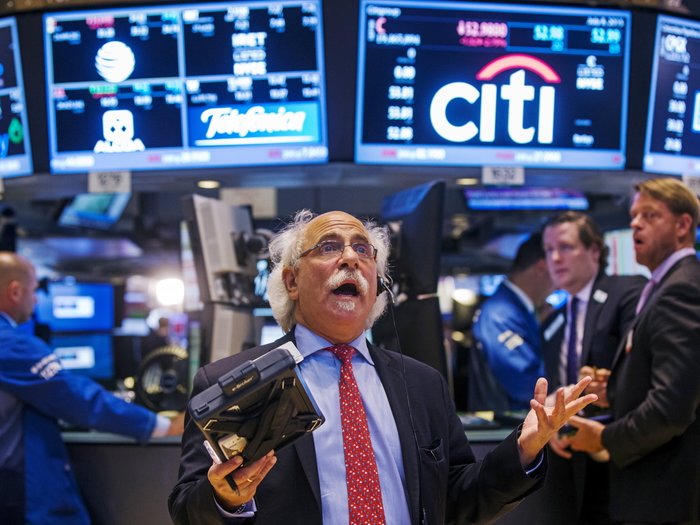Liberation Day
The last couple of days has seen world sharemarkets fall as investors look to assess the impact of Donald Trump’s new tariff policies. On Friday the 4th of April 2025, the Dow Jones US Index fell over 5%. The last time falls like this occurred was during the Covid Crisis of 2020, which in our view was a much more “unknown” unknown that what we are currently going through.
Donald Trump’s Liberation Day has come to pass with universal tariffs being applied across virtually all the US’s trading partners, in what most have seen as a worse than expected outcome. The announcement will see the imposition of a blanket 10% tariff on virtually all imports to the US, but in many cases some countries will be hit with much higher tariffs.
So far Australia has fared relatively well to some of its key trading partners in the Asia Pacific region, but that is likely to be cold comfort to those companies facing the tariffs. In many instances times are already tough and the newly announced tariffs are only likely to add another hurdle to the many they already need to negotiate.
Tariffs in themselves are not new. The application of sudden tariffs aimed at every trading partner of the biggest economy in the world is a new event.
Although market volatility will likely persist through this adjustment period, we continue to recommend clients retain their focus on the long-term and avoid any temptation to adjust portfolios in the hope of trying to predict what comes next. Going to cash might make you feel better in the short term, but it will inevitably cost you money over the next 18 months.
History tells us time and time again that maintaining exposure to the sharemarket during times like these, will always see you through the other side. Markets simply don’t continue to fall and fall; eventually the bottom is reached, markets take a breather, and things return to normal.
Remember too, that these last two years have seen some very nice returns, which makes for very boring headlines. I’m always a little wary of media overreactions, headlines, and expert opinions from people who are not always experts, but rather fear merchants.
The Sydney Morning Herald is due to use the picture of this trader looking out in disbelief soon:
In the past when his picture has come up, it’s usually a good indication that the crisis of the time is about to conclude. He’s appeared in a few of our newsletters over the years!
Our view is that we are in the “shock and awe” phase of Mr Trumps second term. From here, he is effectively holding the rest of the world to ransom, which will bring inevitable negotiation and compromise. For want of an analogy, he is threatening to ground his kids for a year, but with a little negotiation this might only turn out to be a month and everyone will think they have had a win.
Investment Implications
The obvious question that arises post last week’s announcement is where to from here? Unfortunately, we have no definitive answers as to the direction things might take from here, except to say that the higher volatility we have seen across markets through the first part of 2025 is likely here to stay as markets continue to digest the potential impacts of Trump’s new tariff policies.
Such an environment poses significant challenges as potential outcomes under different scenarios become increasingly disparate. While current market sentiment points to a more difficult period for share markets, there are potential outcomes, like renegotiations of the proposed tariffs and/or central banks aggressively easing, that could see markets quickly reverse course. We remember in the midst of the Covid falls many experts were saying a 5 year recovery; yet markets were back in 9 months.
The last point we will make is that these are the very periods where having us as your Financial Adviser is going to pay off the most. We are managing your portfolio, making adjustments if we see required, but most importantly, we are here to keep you focused on the longer term and what is most important to you, which is your financial security.

